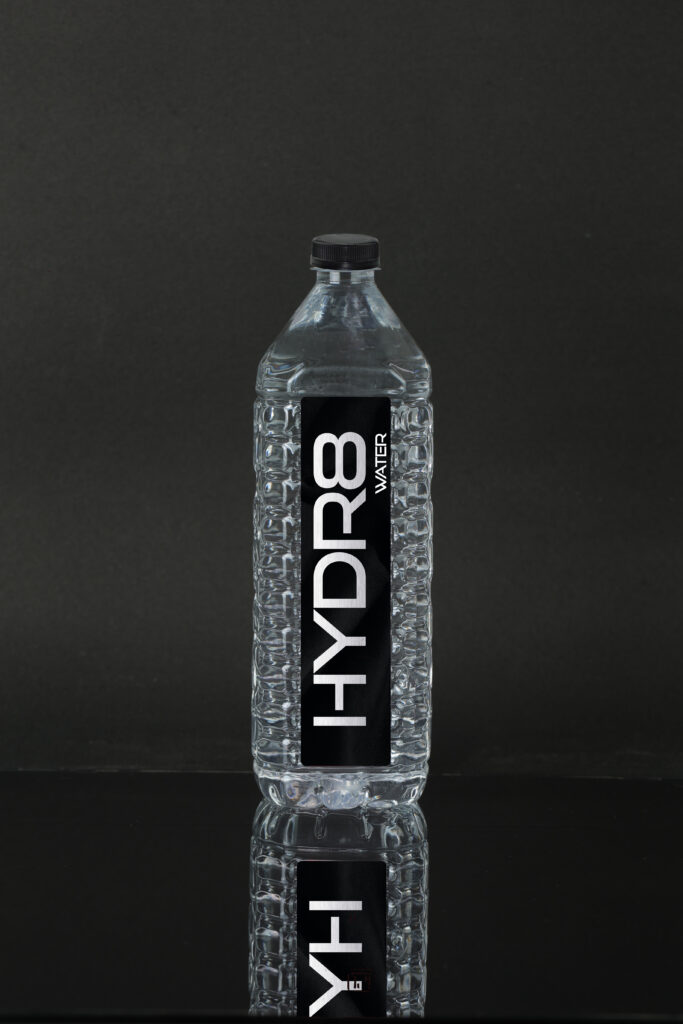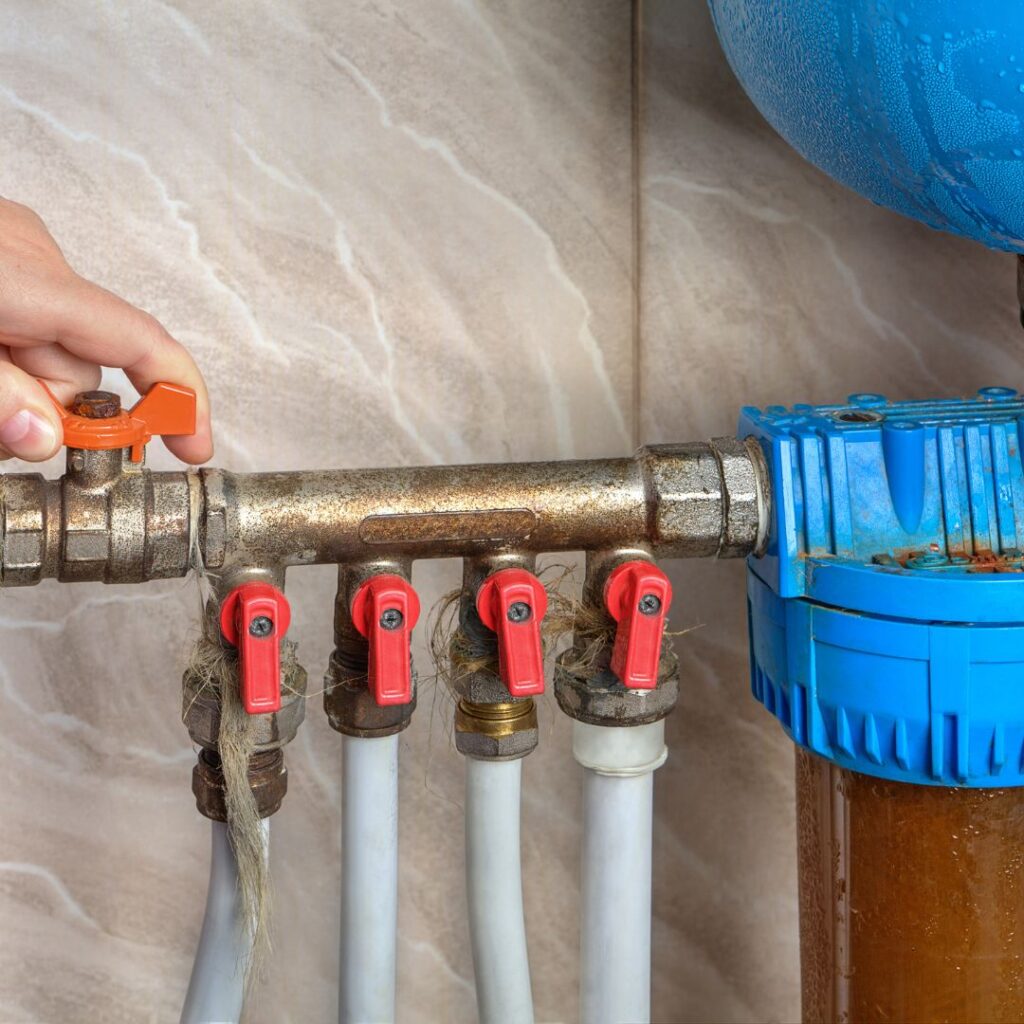Applications of Packaged Water

- Events: Weddings, parties, corporate gatherings, and exhibitions.
- Businesses: Offices, retail outlets, and catering services.
- Personal Use: Homes and small-scale needs.
- Emergency Supply: Quick and reliable delivery during water shortages.
Types of Packaged Water We Offer
Bottled Water
- Sizes: 250 ml, 500 ml, 1 liter, and 2 liters.
- Ideal for individual use at events or in offices.
Water Jars
- Capacity: 20 liters.
- Suitable for homes, offices, or event organizers.
Custom-Labeled Bottles
- Personalized branding for weddings, corporate events, or promotional activities.
- Available in various sizes.
Bulk Supply
- Large quantities of packaged water delivered for events like festivals, rallies, and conferences.
Benefits of Our Packaged Water
- Hygiene and Quality: Purified and sealed in a controlled environment.
- Convenience: Ready-to-use packaging for quick distribution.
- Custom Options: Branding and packaging tailored to your needs.
- Eco-Friendly Options: Biodegradable or recyclable bottle choices.
Customized Water Supply Services
- Personalized Experience: Meeting unique customer requirements.
- Market Differentiation: Stand out from competitors by offering tailored solutions.
- Customer Retention: Build loyalty with flexible and responsive services.
Market Applications
- Retail bottled water (250ml, 500ml, 1L, etc.).
- Bulk supply for businesses, events, and households.
- Custom-branded bottled water for promotions and events.
- Pricing Flexibility
- Event-Based Customization
- Packaging Options
Water Supply Services
Connect To
1.5M+
Tamilnadu Service
Bottling Process
Quality Control
Water Treatment Process
98%
Customer Connection
Strength
Step-by-Step Process for Water Making and Bottling
1. Water Source Selection and Procurement
- Choose a reliable source (groundwater, municipal water, or natural spring water).
- Ensure the water source is tested for contaminants and approved by regulatory authorities.
2. Water Treatment Process
- Filtration: Removes large particles and sediments.
- Reverse Osmosis (RO): Eliminates impurities and ensures purity.
- UV Sterilization: Kills bacteria, viruses, and pathogens.
- Mineral Addition (optional): Reintroduces essential minerals for taste and health.
- Ozonation: Ensures long shelf life by disinfecting the water.
3. Bottling Process
- Bottle Manufacturing (Optional):
- Produce PET (Polyethylene Terephthalate) bottles using blow-molding machines.
- Bottle Cleaning:
- Use automatic washing systems to sterilize bottles.
4. Filling and Capping
- Use automated filling machines to maintain hygiene and accuracy.
- Cap bottles with sealing machines to prevent leaks and ensure safety.
5. Labeling and Packaging
- Apply labels with branding and regulatory information.
- Use shrink-wrap or cardboard cartons for easy transportation.
6. Quality Control
- Test samples from each batch for purity, taste, and compliance with health standards.
7. Distribution
- Transport the packaged water to distributors, retailers, and customers using efficient logistics.
Essential Equipment for Water Bottling
Water Treatment Units:
- Sand filter, carbon filter, RO plant, UV sterilizer, and ozonation unit.
Bottling Line Machines:
- Automatic bottle washing, filling, and capping machines.
Bottle Manufacturing Machines (Optional):
- PET blow molding machines for creating bottles in-house.
Labeling Machines:
- Automated labeling systems for bottles.
Packaging Machines:
- Shrink-wrapping or carton sealing equipment.
Key Points to Consider
Licenses and Permits:
- Obtain approvals from local food safety and regulatory bodies.
Water Quality Testing:
- Regularly test water to ensure compliance with health standards.
Hygiene and Safety:
- Maintain a clean environment to avoid contamination.
Scalability:
- Plan production capacity based on demand and market research.


